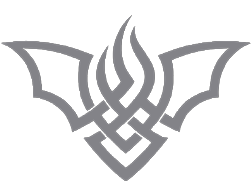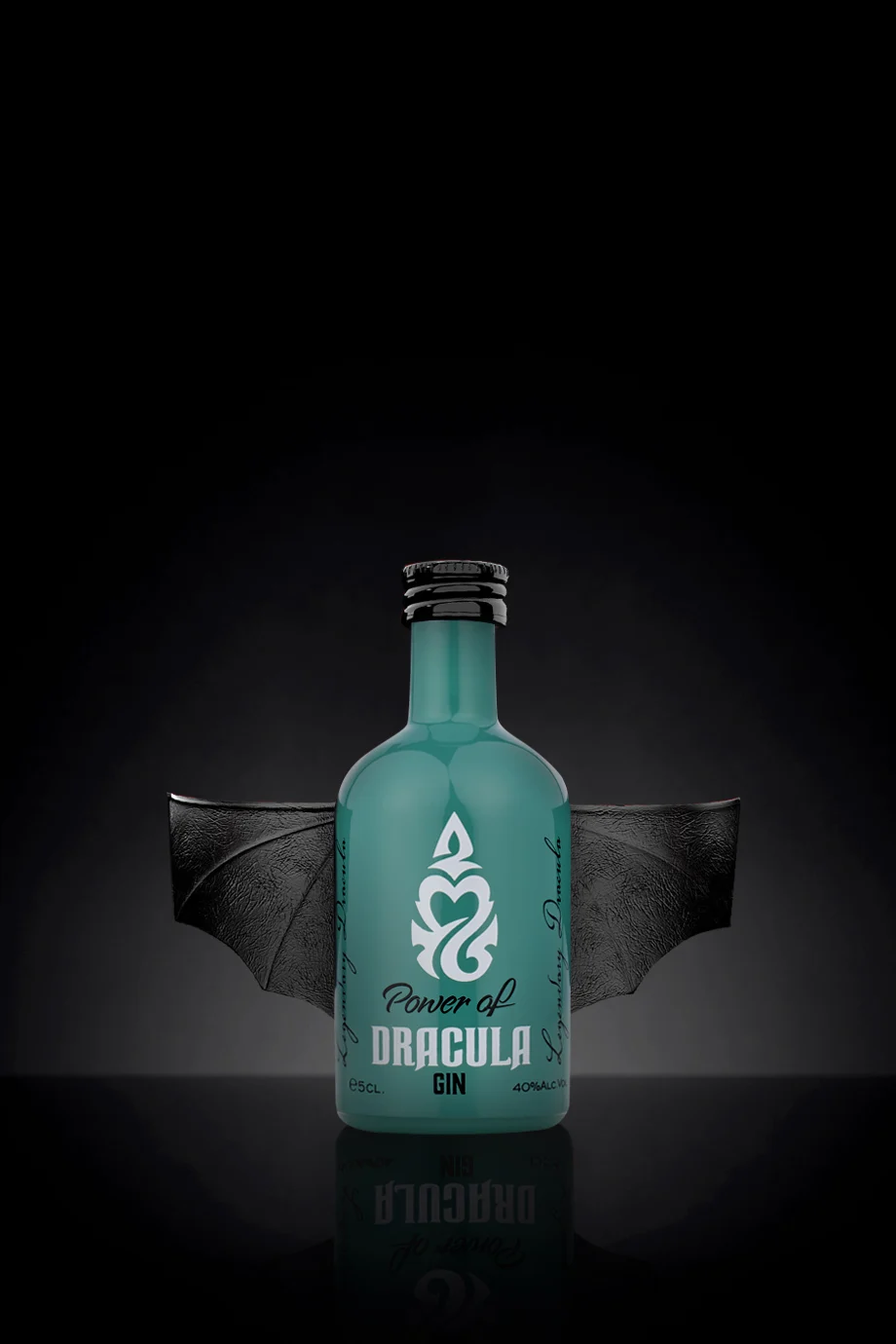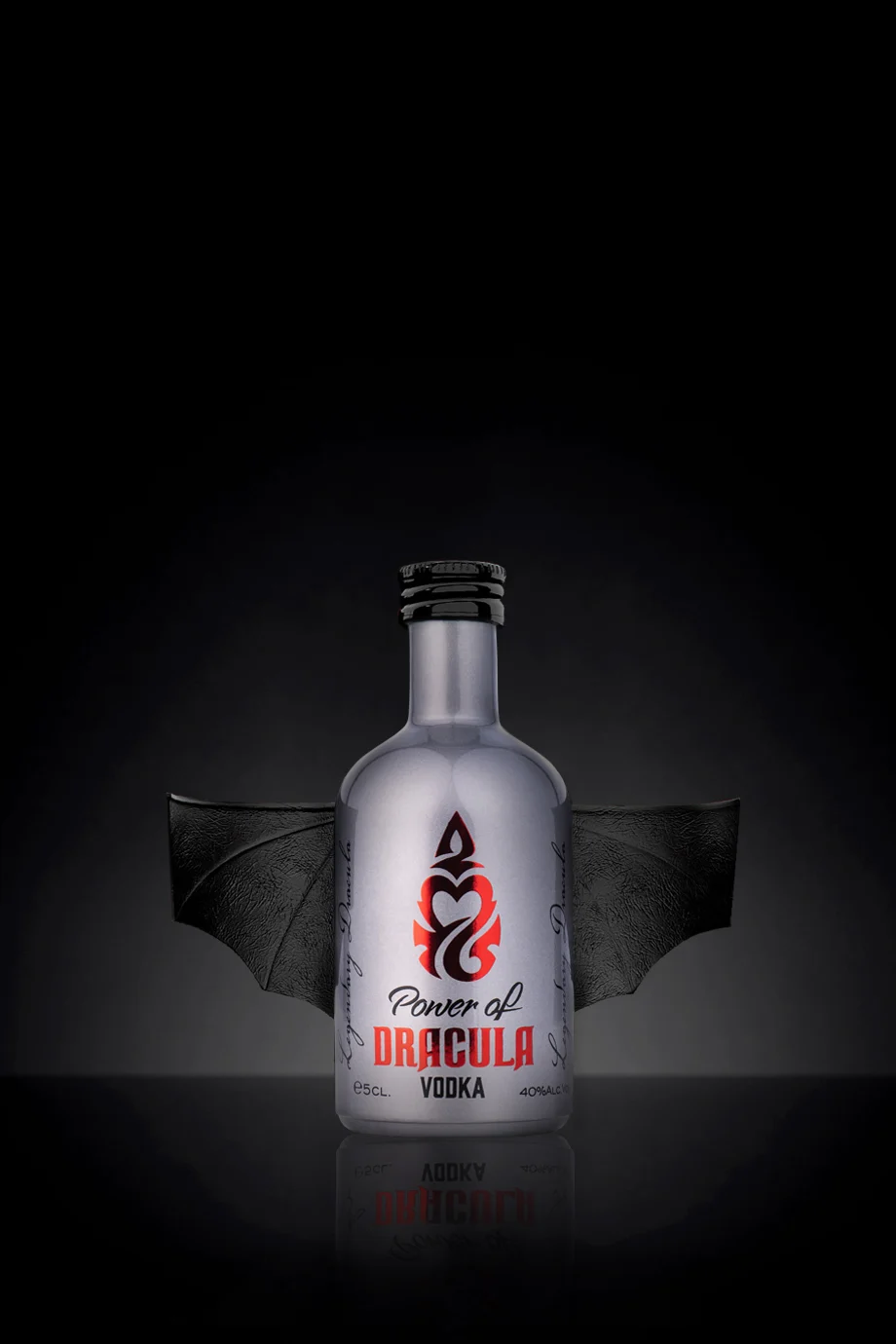Turning a hero into a Legend
The Count’s origins
As very few people know, Vlad III, son of Vlad II – also known as
Vlad Dracul – and grandson of Mircea the Elder, has never called
himself Vlad Tepes (The Impaler). The name was given to him by
the Wallachia boyars and by his sworn enemies, the Turks.
They were, after all, the ones impaled by the Prince as a result of their treachery or to serve as an example for anyone who would plunder and subdue his land, Wallachia. Unlike his enemies that feared him, his subjects loved Vlad III, perceiving him as a patriotic figure, a savior rather than a tyrant.
when the myth meets history
The Birth of Dracula
The name Dracula given to the Vampire Lord created by the novelist Bram Stoker was inspired by Vlad’s patronymic – Dragwlya, Dragulea, Dragolea, Draculea, which is a diminutive of the epithet Dracul carried by his father, Vlad II, as a result of his affiliation to the Order of the Dragon, a chivalric order founded in 1408. Therefore, Dracula would literally mean “Son of the Dragon.” But the word drac has now the meaning of devil, which has led to misinterpretations of Vlad’s epithet as characterizing him as “devilish.”
The name Dracula given to the Vampire Lord created by the novelist
Bram Stoker was inspired by Vlad’s patronymic – Dragwlya, Dragulea,
Dragolea, Draculea, which is a diminutive of the epithet Dracul carried
by his father, Vlad II, as a result of his affiliation to the Order of the Dragon,
a chivalric order founded in 1408. Therefore, Dracula would literally mean
“Son of the Dragon.” But the word drac has now the meaning of devil, which has
led to misinterpretations of Vlad’s epithet as characterizing him as “devilish.”
The Lord of the realm
The Legendary Transylvania
Folkloric tales describe The Count’s homeland as a realm
roamed by demons and spirits, mythical undead creatures
who subsist by feeding on the blood of living beings.
They all obey a centuries-old vampire, who, unlike the
vampires of Eastern European lore, which are portrayed
as repulsive, corpse-like creatures, exudes a veneer of aristocratic
charm “the cleverest and the most cunning, as well as the bravest
of the sons of the land beyond the forest” as one of his sworn
enemies would describe him.
A traveller through centuries
Passion never dies
Equally a curse and a blessing, the Count’s immortal condition carried him from
his secluded castle to every corner of the earth, restlessly pursuing his burning
passion for the mortal that took his heart forever. Losing her to the implacable
time again and again, he never stopped searching and finding her in different
times, in different places. Time is nothing but an illusion for the immortal
determined to cross centuries just to hold her in his arms again,
reborn as Ilona, Mina, Anna…
Equally a curse and a blessing, the Count’s immortal condition carried him from his secluded castle to every corner of the earth, restlessly pursuing his burning passion for the mortal that took his heart forever. Losing her to the implacable time again and again, he never stopped searching and finding her in different times, in different places. Time is nothing but an illusion for the immortal determined to cross centuries just to hold her in his arms again, reborn as Ilona, Mina, Anna…
FROM HERO TO LEGEND
Count's Origins
As very few people know, Vlad III, son of Vlad II – also known as Vlad Dracul – and grandson of Mircea the Elder, has never called himself Vlad Tepes (The Impaler).
The name was given to him by the Wallachia boyars and by his sworn enemies, the Turks. They were, after all, the ones impaled by the Prince as a result of their treachery or to serve as an example for anyone who would plunder and subdue his land, Wallachia.
MYTH MEETS HISTORY
Dracula's birth
The name Dracula given to the Vampire Lord created by the novelist Bram Stoker was inspired by Vlad’s patronymic – Dragwlya, Dragulea, Dragolea, Draculea, which is a diminutive of the epithet Dracul carried by his father, Vlad II, as a result of his affiliation to the Order of the Dragon, a chivalric order founded in 1408.
Therefore, Dracula would literally mean “Son of the Dragon.”, but the word drac has now the meaning of devil, which has led to misinterpretations of Vlad’sepithet as characterizing him as “devilish.”
THE LORD OF THE REALM
The Legendary Transylvania
Folkloric tales describe The Count’s homeland as a realm roamed by demons and spirits, mythical undead creatures who subsist by feeding on the blood of living beings.
They all obey a centuries-old vampire, who, unlike the vampires of Eastern European lore, which are portrayed as repulsive, corpse-like creatures, exudes a veneer of aristocratic charm “the cleverest and the most cunning, as well as the bravest of the sons of the land beyond the forest” as one of his sworn enemies would describe him.
CENTURIES' TRAVELLER
Passion never dies
Equally a curse and a blessing, the Count’s immortal condition carried him from his secluded castle to every corner of the earth, restlessly pursuing his burning passion for the mortal that took his heart forever. Losing her to the implacable time again and again, he never stopped searching and finding her in different times, in different places.
Time is nothing but an illusion for the immortal determined to cross centuries just to hold her in his arms again, reborn as Ilona, Mina, Anna…




